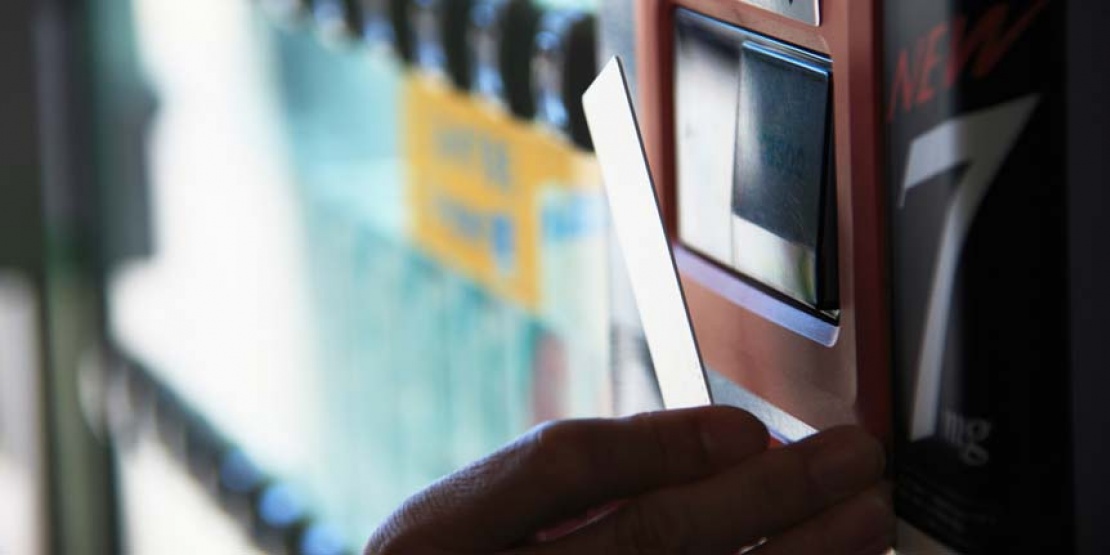The industrial vending machine market is set to double in ten years' time, from 720 million dollars in 2016 to 1430 million dollars in 2025[1]. These vending machines, commonly used in the snacking industry, are now becoming increasingly popular with factories. This is because they offer unquestionable advantages with products available 24/7[2], a reduction in consumption, optimisation of productivity, automated restocking, and so on. But how is it possible to get a clear overview with so many models available? Which vending machine should you lean towards depending on your needs?
Case study no. 1: Consumables with a high rotation rate
Let's consider the following:
- In almost 22% of cases, employees leave the stockroom or the central store without the correct equipment or the correct quantity.[3]
- On average, procuring stock requires up to 30 steps and input from 5 individuals. [3]
In addition, employees waste a considerable amount of time getting hold of the equipment they need.
- These stock shortages can affect production lines.
With these points in mind, industrial vending machines are becoming even more attractive.
There are two suitable types of machine for consumables with a high rate of rotation (PPE, small hardware, Maintenance, Repair and Operation (MRO) products etc.), most often made up of small volumes in large quantities.
1. Spiral or tambour/carousel vending machines
With this type of machine, you can automate "self-service" distribution while controlling consumption through an identification system requiring a user badge. These machines offer a large storage capacity while remaining flexible (various carousel sizes are available, for example).
2. Vending machine with weight-based technology
This type of machine offers the same advantages as the carousel or spiral vending machine but with an extra functionality — extremely accurate weighing technology. This system, suitable for bulk products (screws, bolts etc.), automatically manages restocking according to the weight of the products consumed.
Whether you opt for the carousel, spiral or weight-based vending machine, you can ensure an optimal availability rate of your products, control and reduce consumption and above all, automate replenishment.
Case study no. 2: Valuable durable goods
"Shrinkage" (loss and theft) incurs unexpected hidden costs. In addition to the value of the product, administrative costs must also be taken into account. These include costs associated with reordering the missing product, labour costs as employees lose time looking for the product and finally, production costs as shrinkage may impact production lines.
Vending machines equipped with a deposit system are particularly suitable for optimising the management and use of valuable durable goods (for example, electrical tools, tool kits and boxes) and reduce this shrinkage. There are two leading models: vending machines with lockers or drawers.
These machines take the form of an industrial cabinet, with modular compartments to accommodate larger or smaller objects. As the machines are always linked to a badge identification system, products are automatically traced as they are removed and returned.
It is interesting to note that deposit vending machines linked to an RFID* chip system are available, which are even more flexible to use and offer optimal traceability.
You will have seen by now that there is an industrial vending machine suited to every need and every problem. However, the consideration process does not stop there. After identifying the ideal machine, you need to choose the right partner. Experience shows us that successful implementation is based on both a project approach (change management, reporting , continual improvement process etc.) and real product expertise. The implementation of industrial vending machines combined with overall support and consumption analysis make it possible to go further in the optimisation of costs and productivity.
*RFID (Radio Frequency Identification): A remote identification method using radio-frequency markers and readers.
[1] Grand View Research
[2] 24 hours a day, 7 days a week and 365 days a year
[3] Grainger Consulting Services









